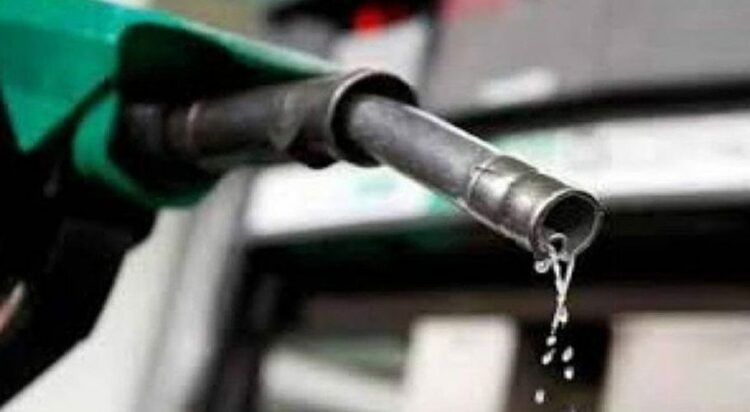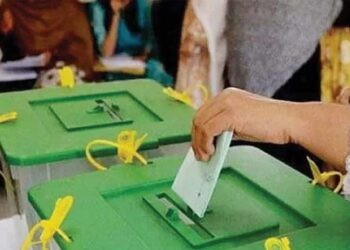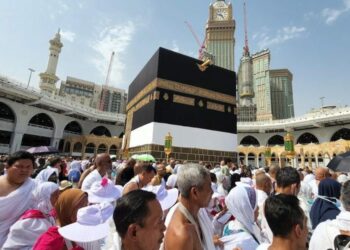Following the International Monetary Fund’s (IMF) decision to withdraw its demand for a 15 percent General Sales Tax (GST) on petroleum products, the federal government is expected to keep oil prices unchanged for the next 15 days.
Earlier, the IMF had urged Pakistan to impose the GST on petroleum products, along with raising the petroleum levy from Rs 60 to Rs 70 per litre. However, it remains unclear whether the government will increase the levy. If it does not, prices are likely to remain stable, as the government is hesitant to increase fuel costs following a recent decline in inflation. This drop in inflation has helped bolster the government’s image in recent months, and a hike in petroleum prices could risk damaging public perception.
Another significant factor influencing the decision to maintain current prices is the recent decline in global oil prices. On Friday, global oil prices saw a dip, driven by concerns about oversupply and weakening demand, exacerbated by a stronger US dollar. Brent crude fell by 30 cents, or 0.41%, to $72.26 per barrel, while US West Texas Intermediate (WTI) crude dropped by 25 cents, or 0.36%, to $68.45 per barrel.
For the week, both Brent and WTI are expected to decline by approximately 2.2% and 2.7%, respectively.
The U.S. Energy Information Administration reported a significant rise in crude oil inventories, up by 2.1 million barrels last week, far exceeding the forecasted increase of 750,000 barrels. The International Energy Agency (IEA) predicts that global oil supply will outpace demand by 2025, even if current OPEC+ production cuts remain in place. Increased production from the U.S. and other non-OPEC producers is expected to lead to a surplus.
While the IEA has raised its 2024 global oil demand growth forecast by 60,000 barrels per day (bpd) to 920,000 bpd, it has kept its 2025 forecast unchanged at 990,000 bpd. In contrast, OPEC has revised its demand growth forecast for both 2024 and 2025 downward, citing weaker demand from China, India, and other regions.
As of the last price adjustment on October 31, the price of petrol in Pakistan was raised by Rs 1.35, bringing the new rate to Rs 248.38 per litre. High-speed diesel (HSD) saw a more significant increase of Rs 3.85, now priced at Rs 255.14 per litre.
The government is expected to announce the petroleum prices for the next fortnight later today, with many anticipating that no further hikes will be made given the current global and domestic economic circumstances.


































